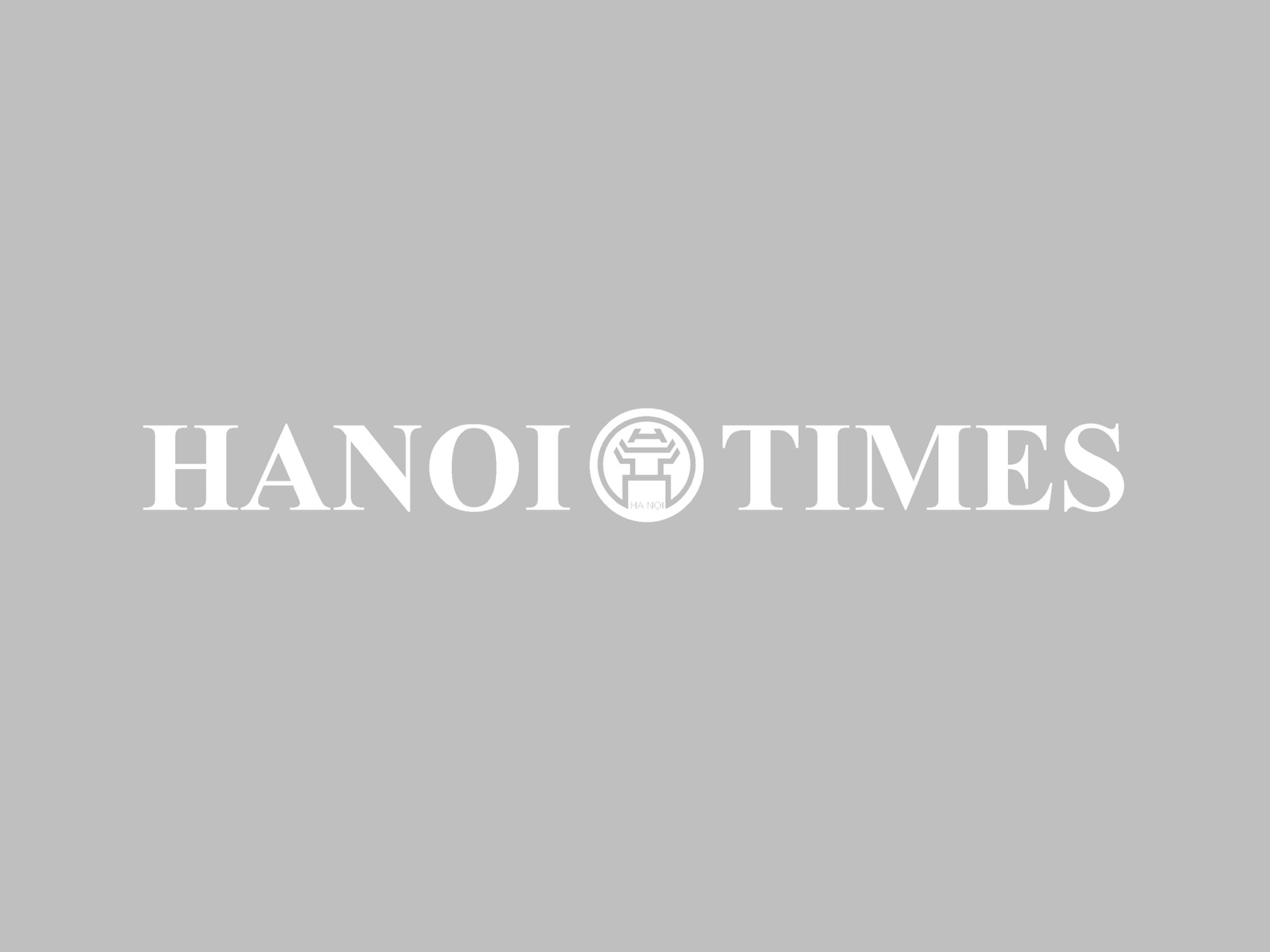Business
Vietnam's Agribank plans IPO in 2020: Chairman
Aug 29, 2018 / 05:51 AM
By the end of 2018, state-run Vietnam Bank for Agriculture and Rural Development, known as Agribank, will complete the corporate valuation process, said the bank`s chair.
Agribank is expected to have its equitization plan approved by the State Bank of Vietnam (SBV) in early October, however, the bank will only launch its initial public offering (IPO) in 2020 at the earliest due to numerous challenges, said Trinh Ngoc Khanh, Agribank's board chairman.
By the end of 2018, Agribank will complete the corporate valuation process, Khanh said at a meeting on August 28.
Khanh also added that capital shortage is one of the bank's urgent problems. Agribank's current charter capital is over VND30 trillion (US$1.29 billion), which is the lowest among the country's top four state-run banks, including Bank for Investment and Development of Vietnam (BIDV), Vietnam Joint Stock Commercial Bank for Industry and Trade (VietinBank) and Joint Stock Commercial Bank for Foreign Trade of Vietnam (Vietcombank).
Moreover, Agribank also sets aside a large part of its credit structure for priority fields at preferential interest rate of 6.5%, adding pressure on the bank's operation.
As of April 30, the lender's outstanding loans for agriculture sector reached VND665.36 trillion (US$28.60 billion), up nearly VND20 trillion (US$859.57 million) compared to the end of 2017 and accounting for 73.8% of the bank's total outstanding loans.
Agribank's total assets were worth over VND1,150 trillion (US$49.41 billion) as of December 31, 2017, according to the bank's financial statement. Of the total, total outstanding loans amounted to over VND860 trillion (US$36.97 billion) and securities investment VND150 trillion (US$6.44 billion).
With large network base, Agribank currently has the largest mobilized capital in the banking system, reaching over VND1,000 trillion (US$43 billion) by the end of 2017.
Prime Minister Nguyen Xuan Phuc on August 8 approved the development strategy of Vietnam's banking sector. Under the strategy, the government will keep its shareholding in state-owned commercial banks (excluding Agribank) at at least 65% in the 2018 - 2020 period. It will also inject capital to ensure the minimum capital requirements for banks set in Basel II standards and the state having a major say in those banks.
Vietnam is expected to have at least 2 - 3 commercial banks in Asia's top 100 largest banks in terms of assets and 3 - 5 banks listed in foreign stock markets by the end of 2025.
Moreover, bad debt ratio in credit institutions is set to be under 3%.

Illustrative photo.
|
Khanh also added that capital shortage is one of the bank's urgent problems. Agribank's current charter capital is over VND30 trillion (US$1.29 billion), which is the lowest among the country's top four state-run banks, including Bank for Investment and Development of Vietnam (BIDV), Vietnam Joint Stock Commercial Bank for Industry and Trade (VietinBank) and Joint Stock Commercial Bank for Foreign Trade of Vietnam (Vietcombank).
Moreover, Agribank also sets aside a large part of its credit structure for priority fields at preferential interest rate of 6.5%, adding pressure on the bank's operation.
As of April 30, the lender's outstanding loans for agriculture sector reached VND665.36 trillion (US$28.60 billion), up nearly VND20 trillion (US$859.57 million) compared to the end of 2017 and accounting for 73.8% of the bank's total outstanding loans.
Agribank's total assets were worth over VND1,150 trillion (US$49.41 billion) as of December 31, 2017, according to the bank's financial statement. Of the total, total outstanding loans amounted to over VND860 trillion (US$36.97 billion) and securities investment VND150 trillion (US$6.44 billion).
With large network base, Agribank currently has the largest mobilized capital in the banking system, reaching over VND1,000 trillion (US$43 billion) by the end of 2017.
Prime Minister Nguyen Xuan Phuc on August 8 approved the development strategy of Vietnam's banking sector. Under the strategy, the government will keep its shareholding in state-owned commercial banks (excluding Agribank) at at least 65% in the 2018 - 2020 period. It will also inject capital to ensure the minimum capital requirements for banks set in Basel II standards and the state having a major say in those banks.
Vietnam is expected to have at least 2 - 3 commercial banks in Asia's top 100 largest banks in terms of assets and 3 - 5 banks listed in foreign stock markets by the end of 2025.
Moreover, bad debt ratio in credit institutions is set to be under 3%.







